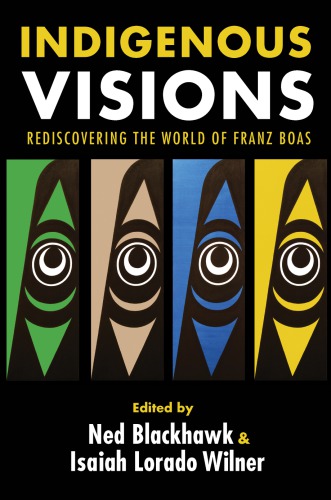

Most ebook files are in PDF format, so you can easily read them using various software such as Foxit Reader or directly on the Google Chrome browser.
Some ebook files are released by publishers in other formats such as .awz, .mobi, .epub, .fb2, etc. You may need to install specific software to read these formats on mobile/PC, such as Calibre.
Please read the tutorial at this link: https://ebookbell.com/faq
We offer FREE conversion to the popular formats you request; however, this may take some time. Therefore, right after payment, please email us, and we will try to provide the service as quickly as possible.
For some exceptional file formats or broken links (if any), please refrain from opening any disputes. Instead, email us first, and we will try to assist within a maximum of 6 hours.
EbookBell Team

0.0
0 reviewsWinner of the 2019 Modernist Studies Association Book Prize for an Edition, Anthology, or Essay Collection
A compelling study that charts the influence of Indigenous thinkers on Franz Boas, the founder of modern anthropology
°°°
"This landmark collection offers a pioneering model for all intellectual historians, showing native peoples to be “agents of their own forms of globalization” who shaped some of our most distinctive commitments."— Samuel Moyn, coeditor of Global Intellectual History
“An important contribution toward deepening work on native intellectual history, in its influence on Euro-American ideas & on its own terms. . . . Along with benefiting from the individual essays in this impressive volume, scholars from a number of fields in the humanities & social sciences, including historians focusing on native people, colonialism, the U.S. Progressive Era, & social-scientific thought, should grapple with the editors’ argument.”— Sean P. Harvey, Journal of American History
°°°
In 1911, the publication of Franz Boas’s The Mind of Primitive Man challenged widely held claims about race & intelligence that justified violence & inequality. Now, a group of leading scholars examines how this groundbreaking work hinged on relationships with a global circle of Indigenous thinkers who used Boasian anthropology as a medium for their ideas. Contributors also examine how Boasian thought intersected with the work of major modernist figures, demonstrating how ideas of diversity & identity sprang from colonization & empire.°°°
Ned Blackhawk (Western Shoshone) is the Howard R. Lamar Professor of History & American Studies at Yale U., where he is the faculty coordinator for the Yale Group for the Study of Native America. He is the author of Violence over the Land: Indians & Empires in the Early American West. He lives in New Haven, CT.
Isaiah Lorado Wilner is postdoctoral fellow in the Berlin Center…